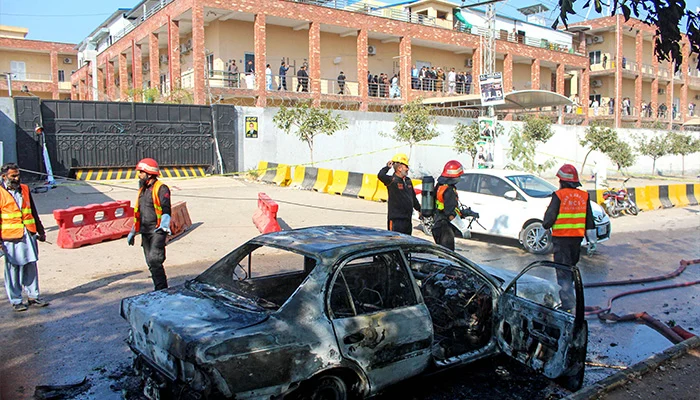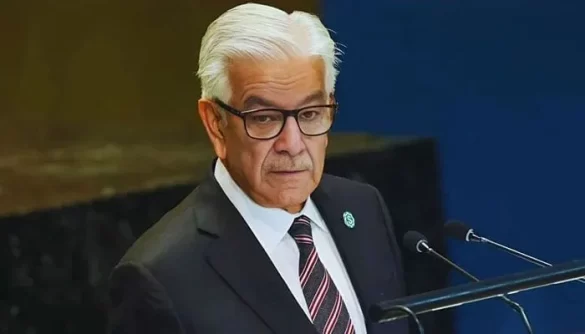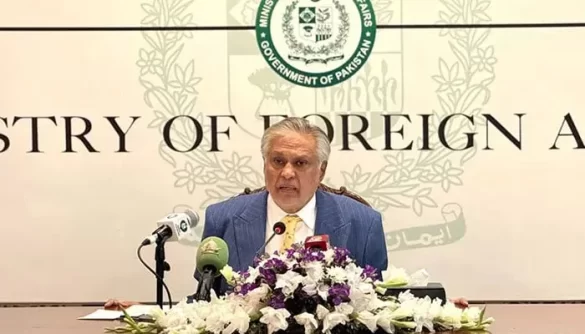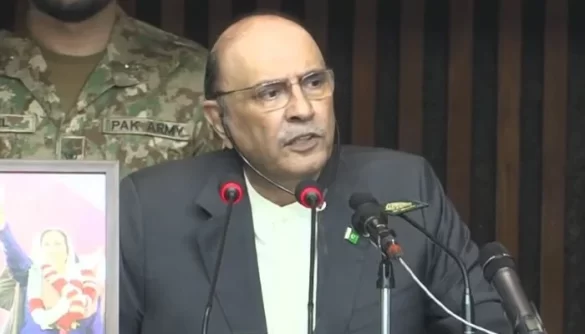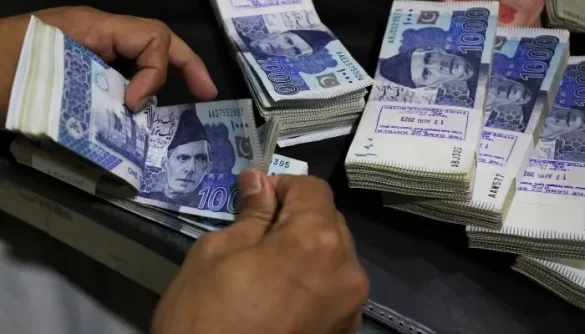Key Arrest in Ongoing Investigation
Islamabad police have made a significant breakthrough in the investigation into the suicide bombing at the city’s judicial complex. Authorities confirmed that they have arrested the motorcycle rider who allegedly transported the attacker to the General Judicial Complex (G-11 sector).
Police sources revealed that the rider reportedly accepted only 200 Pakistani rupees (approximately $1.10 USD) to bring the suicide bomber to the judicial premises. This arrest is considered a crucial lead in understanding the logistics behind the deadly attack.
Details from Surveillance Footage
Investigators are examining footage from Islamabad’s Safe City cameras to trace the exact route taken by the attacker from Golra to the judicial complex. Officials are attempting to reconstruct the attacker’s movements on the day of the bombing to identify any accomplices and prevent similar attacks in the future.
Earlier reports by law enforcement agencies indicated that the bomber had arrived in Islamabad on Friday and later traveled from the Pirwadhai area to the G-11 judicial complex on a motorcycle. The investigative focus is now on mapping this journey and determining if others were involved in facilitating the attack.
The Attack and Its Aftermath
The suicide blast occurred near the G-11 sector courthouse around 12:30 PM local time, claiming the lives of 12 people and injuring several others, according to local media reports. Victims’ bodies were later returned, and security was tightened nationwide in response to the tragedy. The explosion was so powerful that it was heard across surrounding areas, causing panic among residents and office workers nearby.
Police stated that the bomber, riding a motorcycle, approached a police vehicle near the complex before detonating the explosives. The blast triggered fires in nearby vehicles, while debris from the attacker was scattered inside the courthouse premises. Emergency responders and law enforcement rushed to the scene immediately to control the fire and evacuate victims.
Security Concerns and Public Response
This attack highlights growing concerns over the security of judicial institutions in Islamabad and other major cities in Pakistan. Suicide bombings and targeted attacks have periodically targeted courthouses, police stations, and government offices, raising questions about the effectiveness of existing security measures.
Following the incident, the Islamabad police increased security around other judicial complexes and major public offices, deploying additional personnel and conducting vehicle checks. Officials urged citizens to remain vigilant and report any suspicious activity.
Investigation and Legal Proceedings
Authorities are continuing to question the arrested motorcycle rider to uncover any links to larger militant networks. Forensic teams are examining evidence from the blast site, while intelligence agencies are coordinating to track down potential co-conspirators.
Experts suggest that the arrest of the motorcycle rider could be a pivotal moment in the case. While the individual may have only played a minor logistical role, police hope his interrogation could lead to the identification of masterminds behind the attack.
Broader Context
Pakistan has faced repeated attacks on public institutions, often carried out by extremist groups. Judicial complexes, due to their symbolic and operational significance, have remained a high-risk target. This incident underscores the challenges law enforcement agencies face in balancing public access to courts with ensuring the safety of staff and citizens.
Authorities have promised a transparent investigation, assuring the public that those responsible will face justice. Meanwhile, families of the victims continue to mourn, and the city remains on high alert as security forces work to prevent further incidents.

